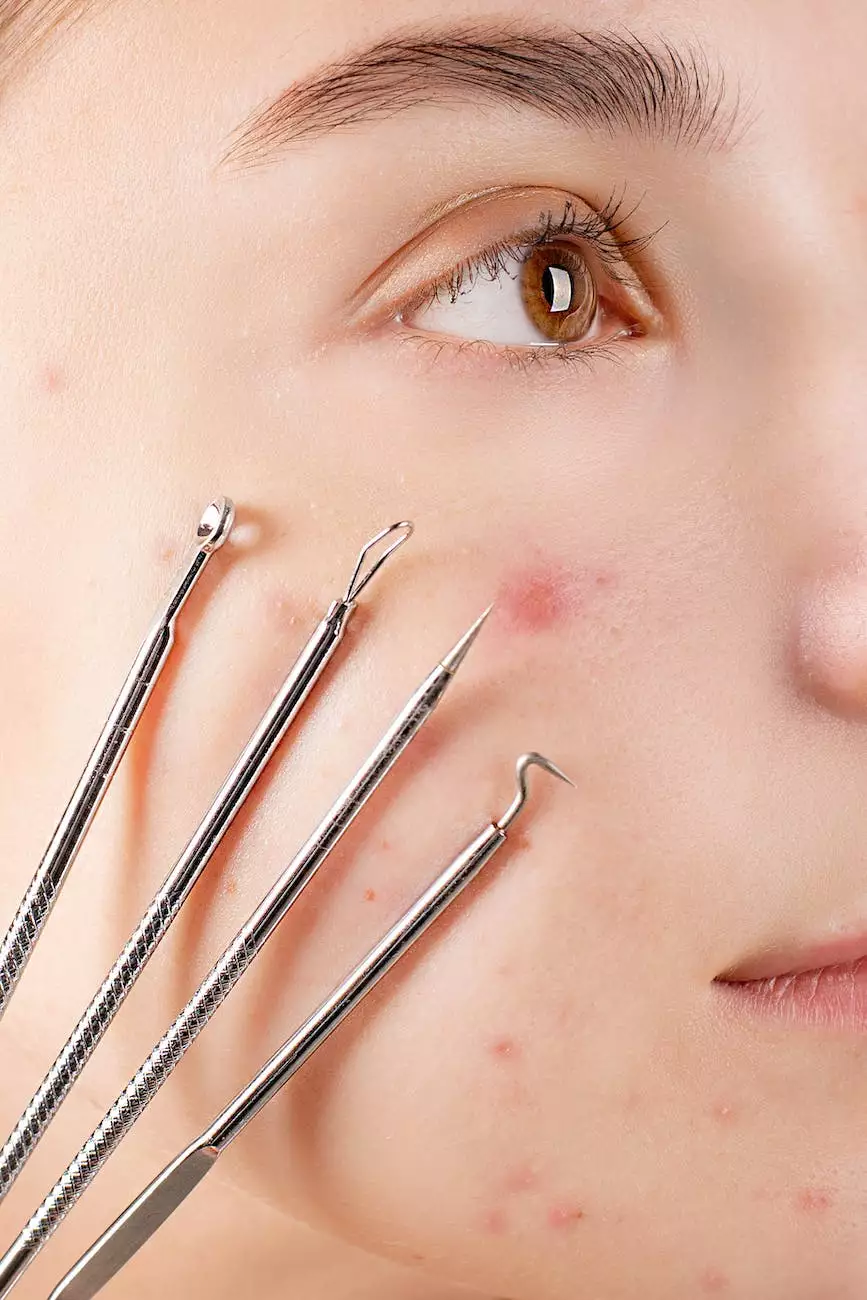Vitamin D No Panacea for Brain Diseases
Blog
Welcome to Bowling Orthopaedics, your trusted source of comprehensive information on health and wellness. In this article, we will explore the relationship between Vitamin D and brain diseases, debunking any misconceptions and providing you with the latest research and findings.
The Role of Vitamin D in Brain Health
Vitamin D is a crucial nutrient that plays a vital role in maintaining overall health and well-being. While it has been widely recognized for its role in supporting strong bones and teeth, its impact on brain health has garnered increasing attention in recent years.
Studies have suggested that Vitamin D receptors are present in various areas of the brain, indicating a potential link between Vitamin D and brain function. However, it is essential to understand that Vitamin D is not a panacea for brain diseases.
The Link between Vitamin D and Brain Diseases
Research into the relationship between Vitamin D and brain diseases, such as Alzheimer's disease, Parkinson's disease, and multiple sclerosis, is still in its early stages. While some studies have shown associations between Vitamin D deficiency and an increased risk of these diseases, further research is needed to establish clear causation.
It is crucial to note that brain diseases are complex and multifactorial, with various genetic and environmental factors contributing to their development. While optimizing Vitamin D levels through adequate sun exposure, diet, or supplementation may be beneficial for overall health, it is not a guaranteed solution for preventing or treating brain diseases.
Latest Research and Findings
In recent years, researchers have conducted numerous studies to explore the potential impact of Vitamin D on brain health. One study published in the Journal of Neurology, Neurosurgery & Psychiatry found that Vitamin D deficiency in older adults was associated with an increased risk of cognitive decline.
Another study published in the journal JAMA Neurology investigated the relationship between low Vitamin D levels and the risk of developing Alzheimer's disease. The researchers found that individuals with Vitamin D deficiency had a higher risk of developing Alzheimer's compared to those with sufficient Vitamin D levels.
While these studies provide valuable insights, it is essential to approach them with caution. Correlation does not imply causation, and more comprehensive research is needed to establish a definitive link between Vitamin D and brain diseases.
Maintaining a Healthy Brain
While Vitamin D may not be a cure-all for brain diseases, maintaining a healthy lifestyle can contribute to overall brain health. Here are some tips to support optimal brain function:
- Eat a balanced diet rich in nutrients, including fruits, vegetables, whole grains, lean proteins, and healthy fats.
- Engage in regular physical exercise to enhance blood flow and oxygen supply to the brain.
- Stay mentally active by challenging your brain with puzzles, reading, learning new skills, or engaging in hobbies.
- Get sufficient sleep as it plays a vital role in memory consolidation and overall brain health.
- Manage stress levels through relaxation techniques, such as meditation, deep breathing exercises, or yoga.
By adopting these lifestyle practices, you can promote brain health and overall well-being.
In Conclusion
Vitamin D is undoubtedly an important nutrient for maintaining overall health, but its role in preventing or treating brain diseases is still under investigation. While studies have shown associations between Vitamin D deficiency and an increased risk of brain diseases, more research is needed to establish a definitive link. Bowling Orthopaedics is committed to providing you with the latest information on maintaining a healthy brain. Stay informed, stay healthy!










